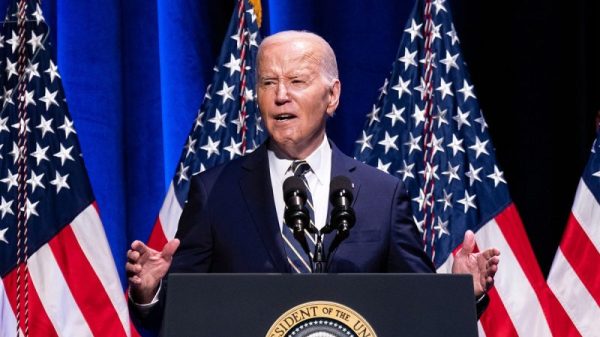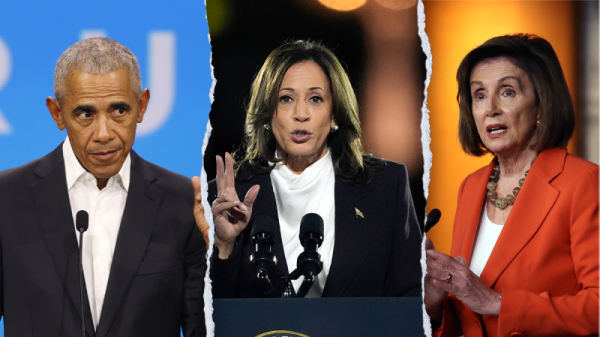
Since the approval of spot Ether exchange-traded funds (ETFs) in the United States on May 23, over $3 billion worth of Ether has been withdrawn from centralized crypto exchanges (CEXes), indicating a potential upcoming supply squeeze.
Data from CryptoQuant reveals that between May 23 and June 2, the amount of Ether held on exchanges decreased by approximately 797,000 ETH, equivalent to $3.02 billion.
The decline in exchange reserves suggests that fewer coins are available for immediate sale as investors transfer their holdings to self-custody for various purposes, beyond immediate selling.
Ether Supply on Exchanges Lowest in Years
Further data shared by BTC-ECHO analyst Leon Waidmann, sourced from Glassnode, highlights that the percentage of circulating Ether supply held on exchanges is currently at its lowest level in years, standing at just 10.6%.
The decrease in available supply on exchanges may contribute to increased demand pressure on Ether.
Exchange balances for both #Bitcoin and #Ethereum are at their lowest levels in years!
Whales continue to accumulate. #BTC on exchanges is down to 11.6% and #ETH is at 10.6%!
Supply squeeze incoming.
Get ready for the next big move. pic.twitter.com/u4j13DZBJk
— Leon Waidmann | On-Chain Insights (@LeonWaidmann) June 2, 2024
The potential launch of Ether ETFs has garnered attention, with Bloomberg ETF analyst Eric Balchunas suggesting a “legit possibility” of their introduction by late June.
Some analysts speculate that the trading launch of spot Ether ETFs could result in increased demand for Ether, potentially propelling its price beyond its previous all-time high of $4,870 reached in November 2021, similar to the effect observed with Bitcoin after the introduction of spot Bitcoin ETFs in January.
Compared to Bitcoin, Ether may experience even greater benefits from demand pressures due to its lower “structural sell pressure,” as highlighted in a report by DeFi analyst Michael Nadeau.
While Bitcoin miners occasionally sell BTC to cover mining expenses, Ethereum validators do not face the same operating costs.
This dynamic could potentially contribute to stronger price performance for Ether.
However, concerns have been raised regarding the influence of Grayscale’s Ethereum Trust (ETHE), which manages $11 billion in funds, on Ether’s price action.
If it follows the pattern of the Grayscale Bitcoin Trust (GBTC), there could be significant outflows from ETHE, impacting Ether’s price.
Presently, Ether is trading at $3,781, representing a 0.82% decline over the past 24 hours and a 23% decrease from its all-time high, according to CoinMarketCap.
Ethereum ETF Approval Was Political
Bloomberg ETF analyst James Seyffart believes the approval of spot Ethereum ETFs was likely influenced by political decisions rather than purely financial considerations.
In a recent interview, Seyffart suggested that the political climate, including actions by the Biden administration and responses from the crypto community, played a significant role for the approval to go through.
Beyond Bitcoin and Ethereum, the approval of other crypto ETFs, including Solana, is unlikely without significant regulatory changes, Seyffart said.
He noted that a regulated market is needed to monitor these assets for fraud and manipulation.
In contrast, crypto investor and trader Brian Kelly has suggested that Solana could potentially become the next cryptocurrency to have a spot ETF in the United States.
In a recent episode of CNBC’s ‘Fast Money’, Kelly, who is also the founder and CEO of the BKCM Digital Asset Fund, posed the question, “The trade now is, who’s next?”
He then suggested, “You’ve got to think about Solana as probably the next one. Bitcoin, Ethereum, and Solana are probably the big three for this cycle.”
The post Over $3 Billion Worth of ETH Withdrawn from CEXes Since Approval of US Ether ETFs appeared first on Cryptonews.

























